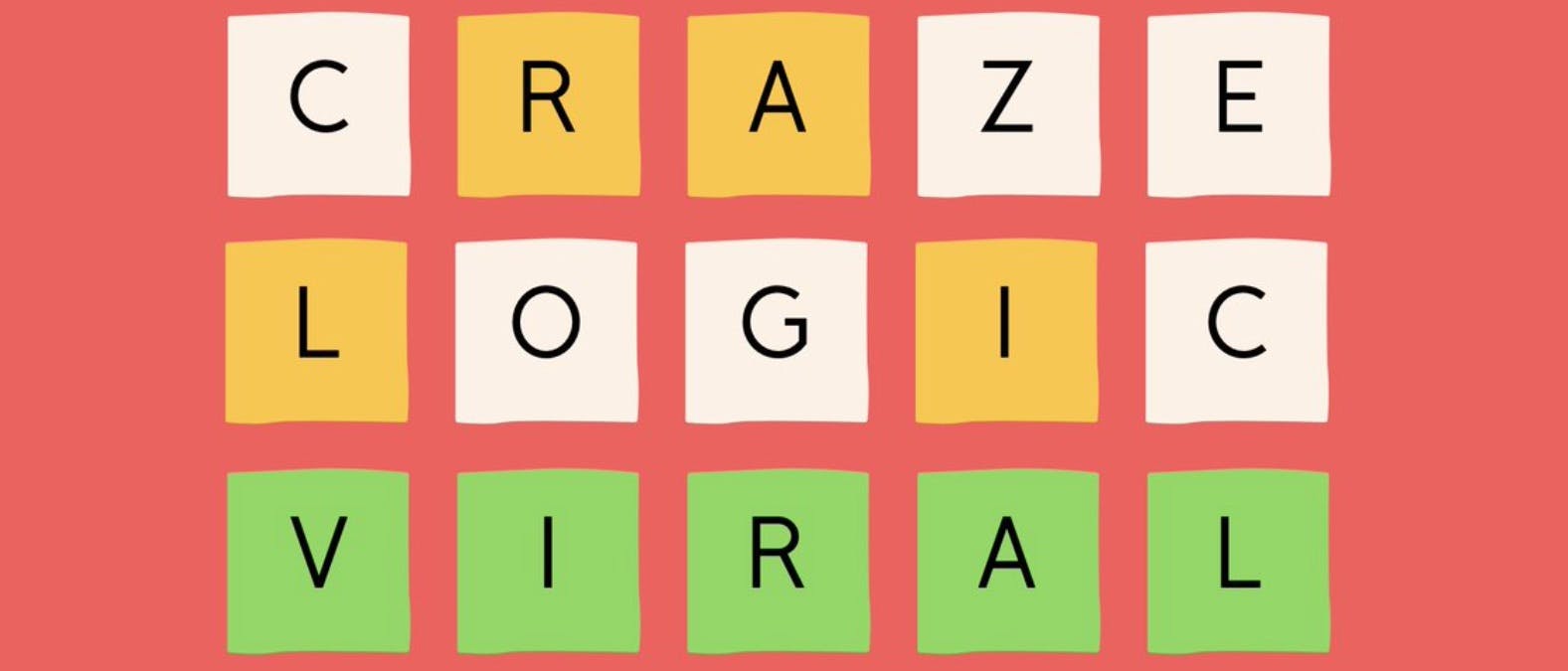596 reads
Wordle: How the Latest Internet Sensation Went Viral
by
February 28th, 2022
Audio Presented by
About Author
Copywriter at Concurate.
Comments
TOPICS
THIS ARTICLE WAS FEATURED IN
Related Stories
5 Best Racing Games on the PS4
Aug 12, 2021
5 Best Racing Games on the PS4
Aug 12, 2021
